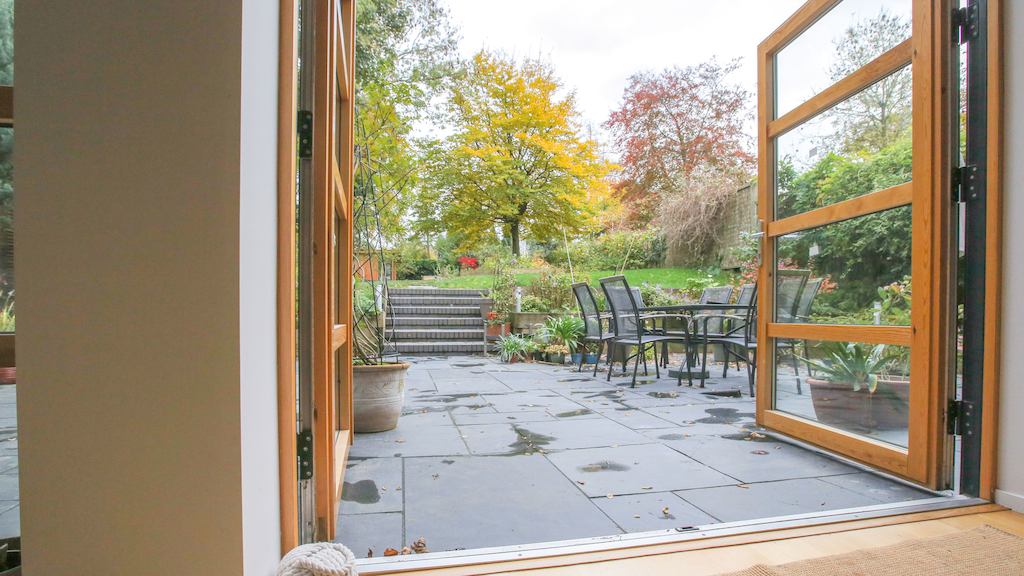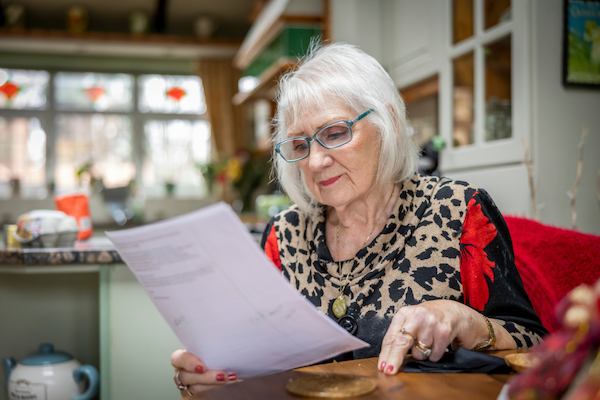Over the summer, the government introduced the Green Homes Grant, which gives landlords and homeowners vouchers to make energy-efficiency upgrades to their homes. Originally designed to fund work completed by March 2021, the scheme has now been extended until the end of December next year under the prime minister’s 10-point plan for a Green Industrial Revolution. This provides an excellent opportunity to improve the overall conditions of our homes so it’s vital the government gets it right.
We all want safe, secure and comfortable places to live and yet for many, their home is a danger to their health. The most likely cause are homes that are too cold and too expensive to heat properly. This can cause various respiratory diseases, makes COVID-19 more severe and, especially for older people, causes death. While we’ve known these effects for centuries, we still have done little about it. We now have a similar problem in summer, with around 2,000 people in the UK dying every year because their homes overheat and can’t be cooled cost-effectively – and that number is expected to more than triple by the 2050s. Energy-efficient retrofits will help cut unnecessary deaths and improve overall health of inhabitants. It will also mean individual households are spending less to stay warm in winter and cool in summer, leaving us with more disposable income.
Due to the ongoing impact of the coronavirus pandemic, the UK is currently in the midst of an historic economic downturn. The so-called Green Industrial Revolution was designed to help restart the UK economy after the damage the pandemic has caused and estimates 250,000 jobs will be created. Indeed, investment on this scale has the potential to create tens of thousands of jobs, apprenticeships, retraining opportunities for younger and older people who have faced disruption in the job market. New jobs mean more money, the chance to develop new skills, and the sense of purpose that comes from having a job you enjoy. An increase in economic activity leads to more money from taxes which is good for the country’s economic growth, as well as the opportunity for development on a significant scale worth many billions of pounds.


